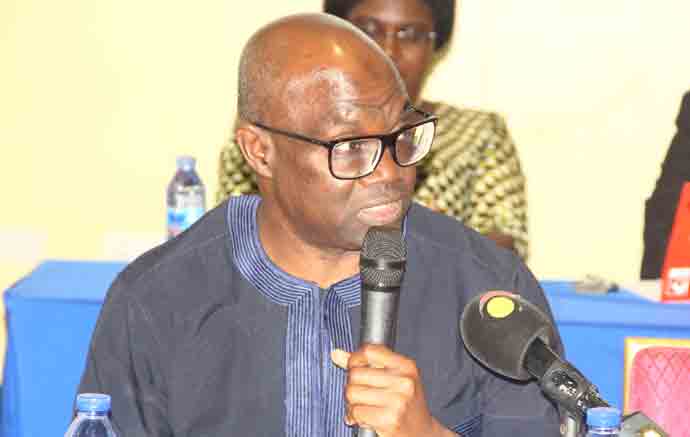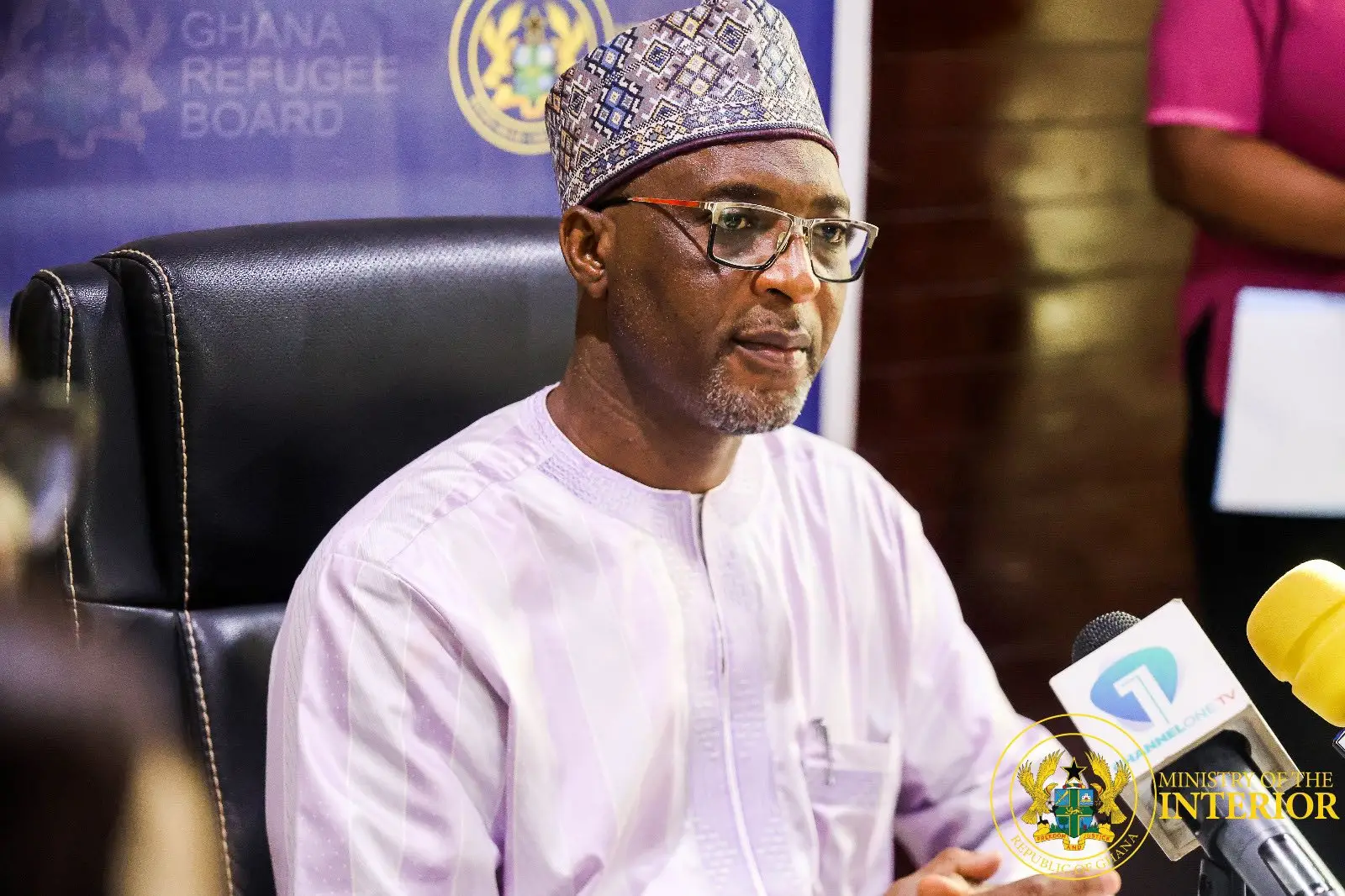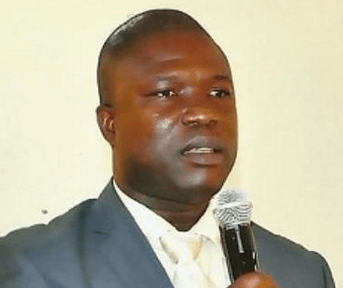
Question: How would you describe the current state of the upstream petroleum industry?
Answer: The new administration has clearly stated that Ghana’s upstream sector is open for business again. There are significant investment opportunities both offshore and onshore, and the industry is ready for growth. Both existing and new investors are relying on the government to maintain the momentum and secure some gains. Nonetheless, being open for business depends on several key factors.
Question: What would you say are the key things to do to achieve this growth?
Answer: First and foremost, being open for business requires establishing a stable regulatory framework that builds investor confidence while protecting national interests. That’s a crucial balance. It requires clear frameworks that make investors feel secure, but also safeguard Ghana’s long-term development goals. Investors gain confidence when Ghana demonstrates regulatory stability.
Secondly, Ghana needs to improve its exploration and production laws and regulations to stay competitive in attracting the necessary investments for industry growth. Reviewing certain parts of Ghana’s Petroleum Exploration and Production Act, 919, and the relevant fiscal laws, as well as the Petroleum Local Content and Participation Regulations, L.I. 2204, is critical.
There are long-standing issues that require attention. It is worth noting that the government has established a technical committee to review the current regulatory and fiscal frameworks. We hope these revisions will be completed on time to help unlock stalled investments, accelerate industry growth, and position Ghana as a stable, competitive, and welcoming environment for investors.
Thirdly, lengthy oil and gas negotiations in Ghana, which sometimes last for years, weaken investor confidence and delay project approval, ultimately costing Ghana revenue and jobs. Reducing the negotiation cycle is essential.
Time is critical in many of these cases. I hope the government and the Jubilee partners can finalize the $2 billion planned investment quickly. Flexibility from both sides will enable an agreement that benefits everyone. We also understand that some potential investors are showing interest in our fields, and we hope for speedy negotiations that balance national and corporate interests.
Ultimately, whenever possible, we should aim to avoid arbitration disputes. We have seen what happens when we go to court with companies that are invested in the country. International arbitrations in the oil and gas sector are costly and can damage reputations. Disputes do occur, but we should protect both investor confidence and Ghana’s reputation as a stable petroleum jurisdiction.
Question: What steps should Ghana take to boost exploration and production activity?
Answer: I believe I have already mentioned some of them. There are several steps we can take in this regard. First, we need to sign some new Petroleum Agreements. It has been too quiet on this front. No activity can occur without agreements.
The last time a new contract was signed was in 2023. We still need to see if any contracts will be signed for the winners of the 2019 license rounds. We are all in favor of new agreements and mechanisms to support existing companies in promoting and enhancing production. In a nutshell, let’s refine our business practices, demonstrate regulatory stability, and strengthen contract sanctity while minimizing disputes.
Question: What plans are there for onshore exploration?
Answer: GNPC is leading this effort, which is a positive development. Ghana has mainly focused on offshore petroleum so far, but obtaining onshore licenses in the Voltaian Basin requires a clear and appropriate legal framework.
We may need to implement an onshore licensing regulatory framework that offers competitive fiscal terms while ensuring strong land, community, and environmental protections. This approach will lower investment risks in the Voltaian Basin and safeguard Ghana’s national and local interests. Covering nearly half of Ghana’s land, this expansive area has significant potential. The sooner activity starts there, the better for the country.
Question: Finally, would you say you are optimistic about the future of the industry?
Answer: The best approach is to stay optimistic. Ghana still has unexplored areas, such as the onshore Voltaian Basin and deepwater ultra-deep blocks. Projects like Jubilee, TEN, and Sankofa offer expansion opportunities that could support new tie-backs.
There is strong domestic and industrial demand for power, and regional markets naturally create a market for new gas discoveries. Discussions about additional gas processing plants are underway. The government is already acknowledging the need to review current regulations, enhance fiscal competitiveness, and reduce negotiation times.
We must keep in mind the fact that the window for industry growth will not stay open forever. We must act with urgency to realize more value through decisive action. The Ministry is demonstrating the necessary leadership, and all other stakeholders need to join hands with it.
The post Poised for growth: An interview with CEO of the Ghana Upstream Petroleum Chamber, David Ampofo appeared first on The Business & Financial Times.
Read Full Story
















Facebook
Twitter
Pinterest
Instagram
Google+
YouTube
LinkedIn
RSS